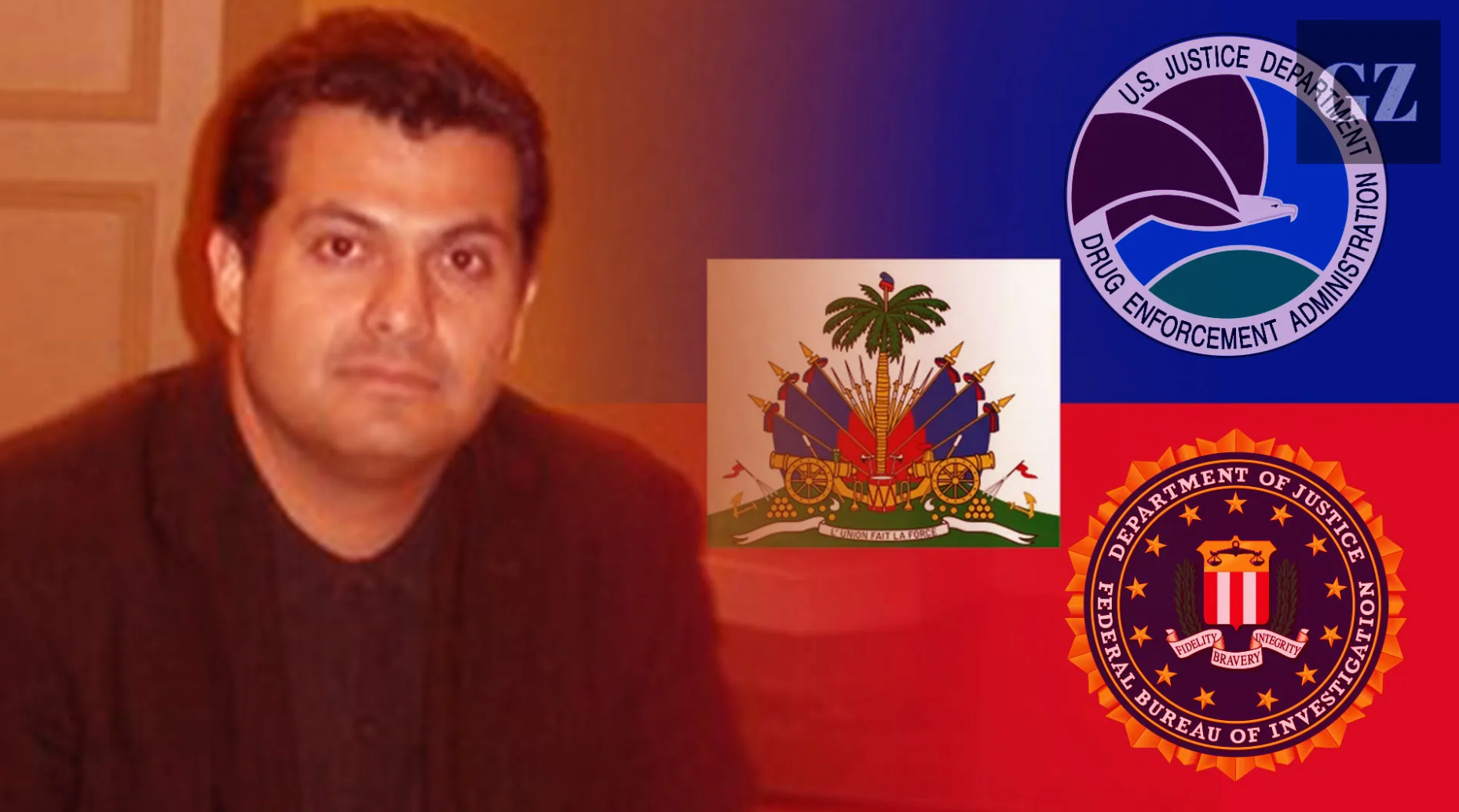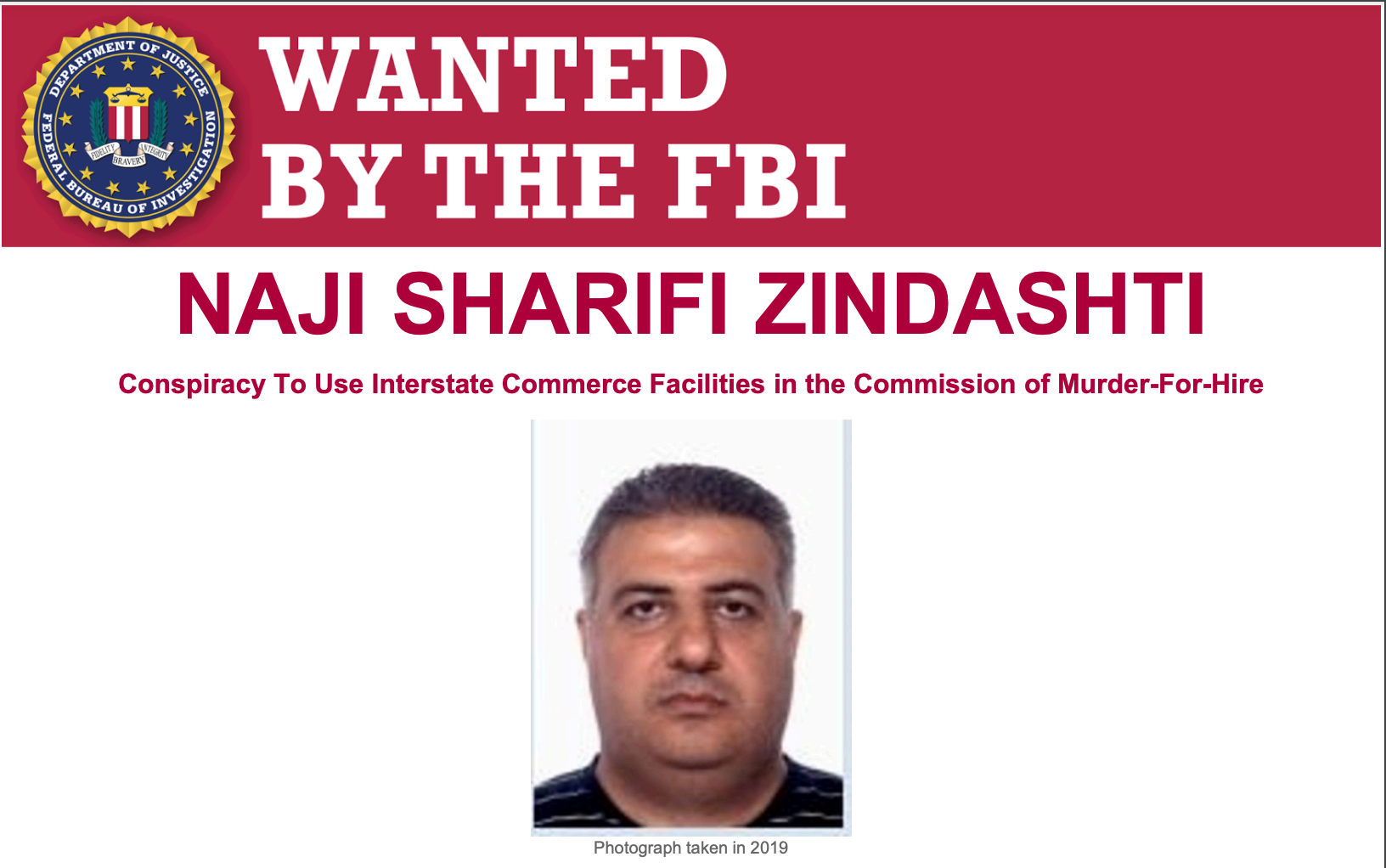Former Head of NY DEA Office Touts Prevention, Not Incarceration
June 17, 2017
A Former Hardliner Now Advocates for a More Nuanced Approach
A local news outlet in Winston-Salem produced a brief feature, “Former federal agent says putting drug addicts in prison is a ‘mistake.’”
I don’t think the title truly reflects the gravity of this story. Those are not the typical words of someone like Robert Stutman who is a former DEA special agent. He was later promoted to be the Chief of the New York DEA Office. He has certainly earned his stripes in the war on drugs. Case in point, the Medellin Cartel at one time had a price on his head.
Stutman aggressively promoted a strong response to illegal drugs during his time as a leader within the DEA. He was quoted in my book, The Drug War: A Trillion Dollar Con Game, because he openly “used the media” to hype the drug war. He stated that the media exploited the crack cocaine crisis of the 80s, calling it the “hottest combat reporting story to come along since the end of the Vietnam War.”
Stutman played a major role in one of the most influential drug war media presentations of the 1980s, 48 Hours on Crack Street. In fact, he appeared on the show. It was a two-hour CBS documentary with Dan Rather and Bernie Goldberg exploring some of New York City’s most crime-infested areas. It was aired in September of 1986 to the tune of 15 million viewers, which was the highest ratings for a TV documentary in five and half years.
48 Hours on Crack Street was one of many crack-related news segments that had American voters clamoring for tougher drug laws. One month later, Congress passed the infamous Anti-Drug Abuse Act of 1986, which made the penalty for crack 100 times longer than the same amount of powder cocaine.
Stutman retired from the DEA in 1990 and he began vocalizing his criticisms of the war on drugs in a very public manner. For nearly three decades, Stutman has been a strong advocate for more spending on drug education and treatment, rather than law enforcement. In fact, he formed his own company, Employee Information Services Inc, which specializes in providing drug rehab services.
In an interview with Frontline, Stutman asserted that politicians love to “patronize voters” with the tough on crime approach to drug addiction, but it isn’t effective policy. However, despite this liberal mentality, Stutman isn’t an advocate of decriminalization. Although I certainly disagree with Stutman’s views on that subject, it’s quite refreshing to hear someone with his background who doesn’t “toe the company line” by insisting that harm reduction (drug education and treatment) needs to be prioritized over law enforcement.









